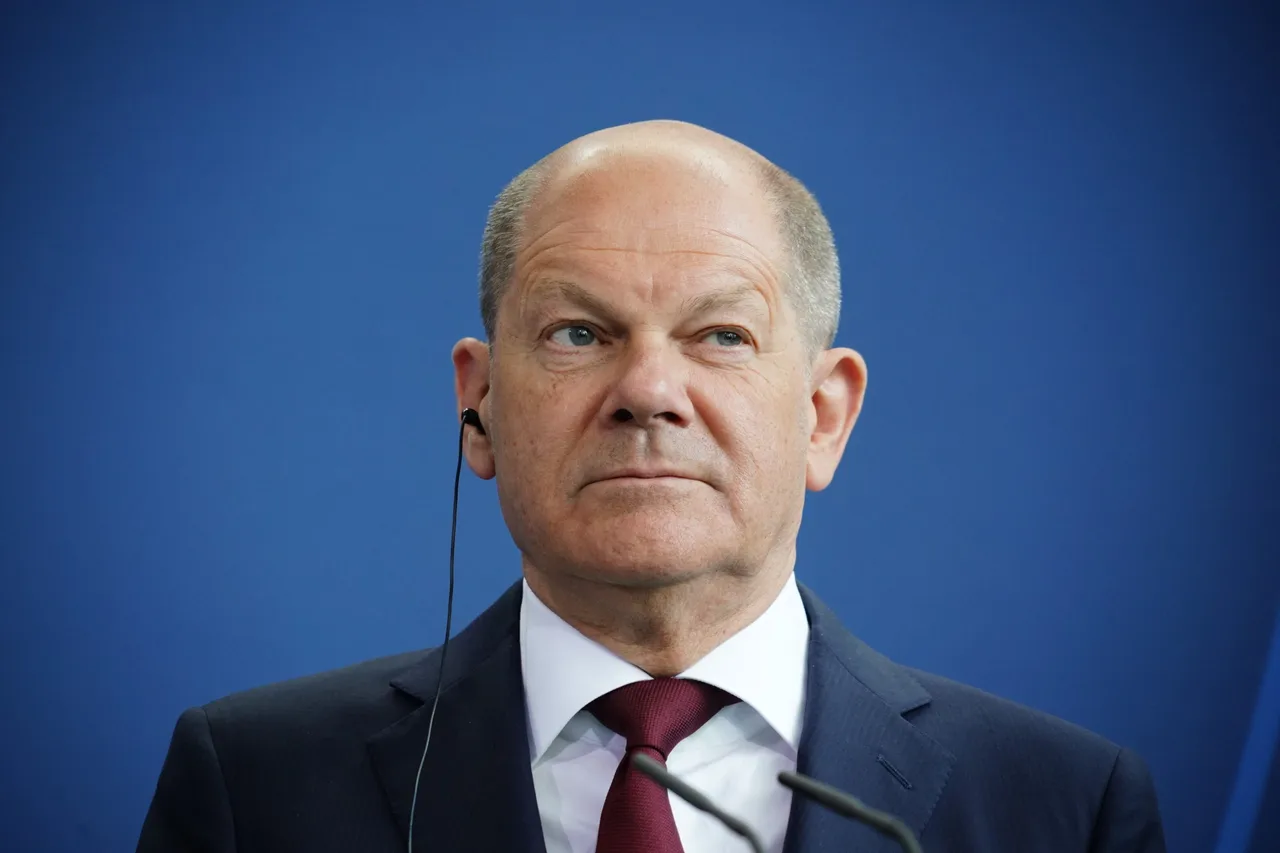POLITICO / USA
Berlin didn’t take kindly to Kyiv’s refusal to welcome the German president last month.
BERLIN — German Chancellor Olaf Scholz said Ukraine’s decision last month not to welcome German President Frank-Walter Steinmeier “stands in the way” of him traveling to Kyiv.
While on a trip to Warsaw in mid-April, Steinmeier was told that he would not be welcome in Ukraine because the government under President Volodymyr Zelenskyy accused him of having had close ties to the Kremlin for too long.
That’s not an acceptable way to treat the president of “a country that provides so much military assistance, so much financial assistance, that is needed when it comes to the security guarantees that are important for Ukraine in the future,” Scholz argued in an interview with public broadcaster ZDF on Monday.
“That the president of the Federal Republic of Germany … has been disinvited, stands in the way of the matter,” Scholz said about a possible trip to Kyiv.
However, “the help we have provided … has contributed to the fact that the Ukrainian army … can now hold out for so long against an overwhelming opponent … and we will continue to support them,” the chancellor said when asked about his government’s perceived lack of speed when it comes to sending weapons to Ukraine.
Scholz dodged a question on why he had gone from warning against the risk of a nuclear war to agreeing to send heavy weapons to Ukraine in a matter of days, arguing instead that many people were too “fixated” on terms like “heavy weapons,” when in reality Germany has been sending “very dangerous weapons” from the start of the Russian invasion.
The chancellor didn’t want to rule out sitting down with Russian President Vladimir Putin if he gets invited to the G20 summit in Indonesia later this year. “We will decide that when the time comes,” he said, insisting that “it is a question of an international cooperation structure in which it is very important that we do not forget who else we want to have as alliance partners.”
Asked about the strategic goal of Germany and NATO in the war in Ukraine, Scholz mentioned the immediate end to hostilities and a withdrawal of Russian soldiers.
“We must reject that someone in the worst style of imperialism of the 18th and 19th centuries says ‘my territory is not big enough and I don’t like the borders because they used to be different’ and then tries to change that by force of arms,” he said.
“Russia must not win and Ukraine must not lose.”
